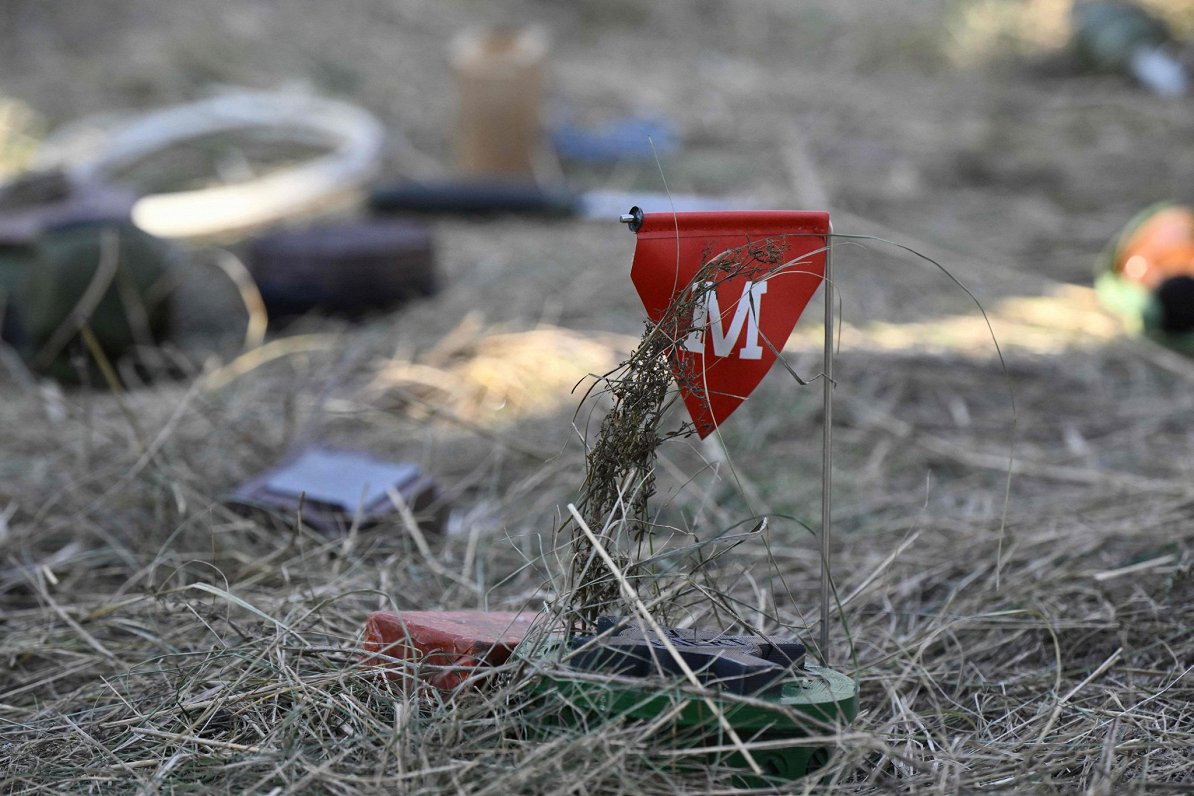The Ottawa Convention provides that its Member States undertake not to use, manufacture, transfer, or store landmines and to destroy the stocks of landmines at their disposal. It also prohibits any assistance to third states in the conduct of activities prohibited by this Convention.
The Convention aims to reduce the casualties and suffering caused by landmines.
Most often, it is civilians who suffer from landmines, not military personnel participating in military conflicts. Unexploded landmines and material damage caused by them, as well as civilian casualties in several regions of the world are among the obstacles that make it difficult for these regions to develop in the post-war period.
Ukraine is an example. The media has already repeatedly heard that Ukraine is currently one of the most mined countries in the world, with estimates that 174,000 square kilometers of Ukrainian territory is contaminated with mines and unexploded ammunition. This area is almost three times larger than the territory of Latvia. As a result, Ukrainians have concerns that mine clearance works could take decades.
The Ottawa Convention came into force in 1999 and in Latvia in 2006. It has 166 States.
Raimonds Graube, a former commander of the National Armed Forces, said he supports leaving the Ottawa Convention given how Russia is currently at war in Ukraine, including Russia itself not a Member of the Ottawa Convention.
However, first of all, according to Graube, it would be important to consult Lithuania and Estonia, as well as the allies currently present in the territory of Latvia.
He explained that mines can reduce the opponent's speed of advancement. “And in the case of Latvia, given the size of the territory and the other specifics, I think it's a very significant [weapon],” Graube noted.
Parliament will begin a discussion on this in January.




























